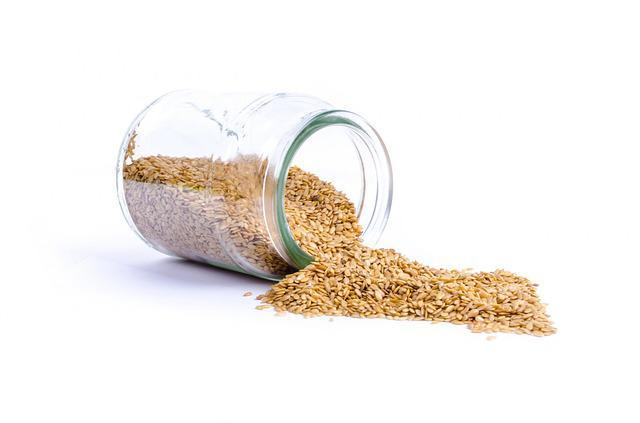Characterization
Small and oval in form, sesame seeds have a flavor and taste that is described as caramelized and crispy. They are available in a wide range of hues, including white, black, red, and yellow, among others. Because of the nutritional benefits it offers, sesame oil has a great deal of popularity all over the world and may be found in these products.
In the regions of Asia, sesame is often employed in the preparation of scrumptious sweet dishes and other culinary goods. Tahini, a condiment well-liked in Asia, is produced by grinding sesame seeds into a paste. In the Middle East, halvah is a fantastically delicious treat, and sesame is one of the main components of this dish.
Types
Black seeds, one of several varieties of this fruit, are widely consumed because of its excellent nutritional and therapeutic value. This particular cultivar yields oil of the highest possible quality. The quantity of antioxidants found in black sesame oil is much greater than the amount found in the brown type. It was considered to be a meal that prevented aging in ancient China. Black seeds are an essential ingredient in the production of delicious baked goods. They provide a distinctively nutty taste to the items in question. In the Japanese medical tradition, the black variety has been used to treat a number of diseases, either in its raw or roasted form. Black seeds give meals a nutty flavor and a crunchy texture, and they are often used as a salad dressing on vegetables, grains, and noodles. They are frequently sprinkled over salads.
The high concentration of iron and calcium, in addition to the abundance of fatty acids, contributes to the regulation of blood cholesterol. People who suffer from anemia, particularly pregnant women and nursing mothers, may reap several benefits from the high iron content that is provided by this food.
Read More: Cowpea Farming Business in India – Complete Information
Because of the high calcium content, including it in one’s diet is highly recommended, particularly for those who are unable to digest the calcium found in animal milk. People who cannot tolerate lactose will benefit greatly from eating sesame. The presence of this mineral aids in the process of increasing bone mass and warding off osteoporosis at the same time.
Consume sesame to promote healthy bowel function. This seed works to increase the amount of oxygen that reaches the brain, which, in turn, helps to reduce blood thickness and prevent atherosclerosis. Combining it with other cereals or legumes is the best way to get the most out of the protein it contains (soy, for example). It has a high concentration of the necessary amino acids. According to the teachings of oriental medicine, daily consumption of sesame seeds may help individuals restore the natural color of their hair and prevent further graying.
There are several methods in which the seeds may be ingested. Numerous methods might include mixing it with other morning cereals, drinking milk or yogurt with it, eating it alone, adding it to salads, baking it into bread, or frying it. Sesame Seeds India are country’s leading manufacturers and exporters of these seeds. It has been recognized with many sesame seeds for being India’s exporter of the highest quality sesame seeds.
Advantages of sesame seeds
- It has a significant amount of calcium. It is actually astonishing how effective it is at keeping teeth and dental hygiene, as well as promoting skeletal health and avoiding bone loss. Chewing sesame seeds helps to strengthen teeth while also battling bad breath, gum infections, and other oral health issues.
- Increased muscular growth and improved cell health are both benefits of eating sesame seeds. It contains amino acids that rev up the metabolism and help with weight reduction. 11 grams of protein may be found in half a cup of seeds.
- Copper, iron, manganese, magnesium, zinc, phosphorus, and molybdenum are just some of the beneficial minerals that may be found in abundance in these foods. Sesame seeds are indicated for preventing iron deficiency as well as enhancing one’s energy levels. They include folic acid, which raises the red blood cell count in the blood and protects against diseases related with anemia.
- Sesame seeds include plant polyphenols that are beneficial to the health of hair. Sesame seed oil is routinely rubbed into the scalp because of the high concentration of vitamins and minerals that it contains. This helps prevent hair from graying prematurely and encourages new hair development.



